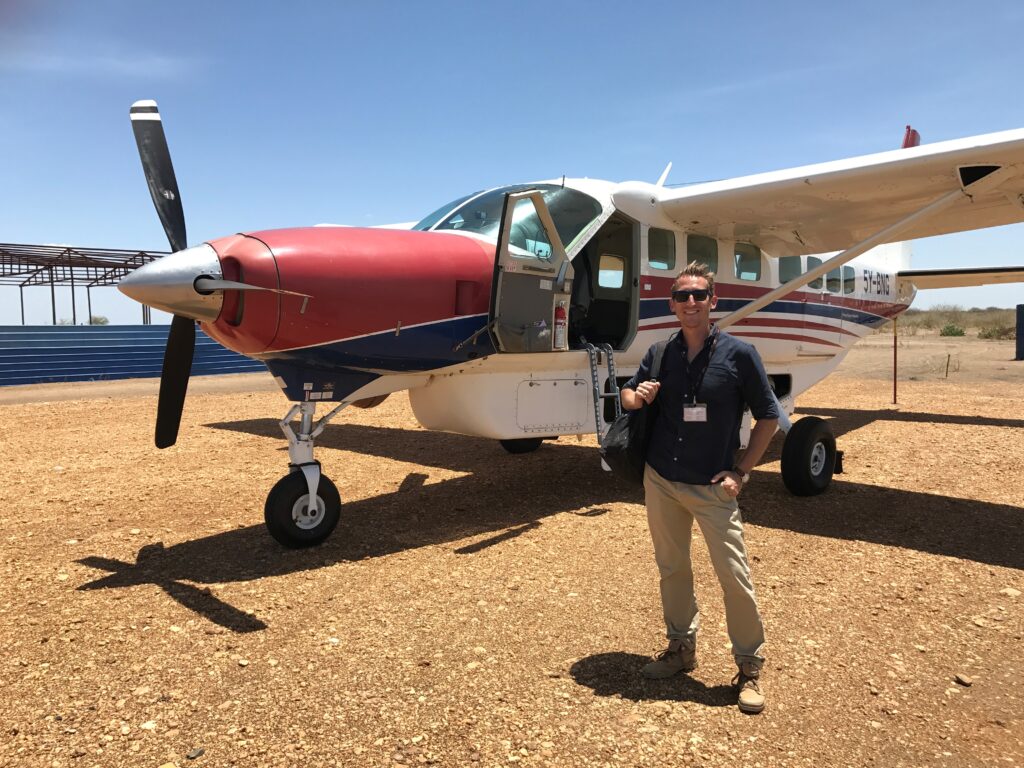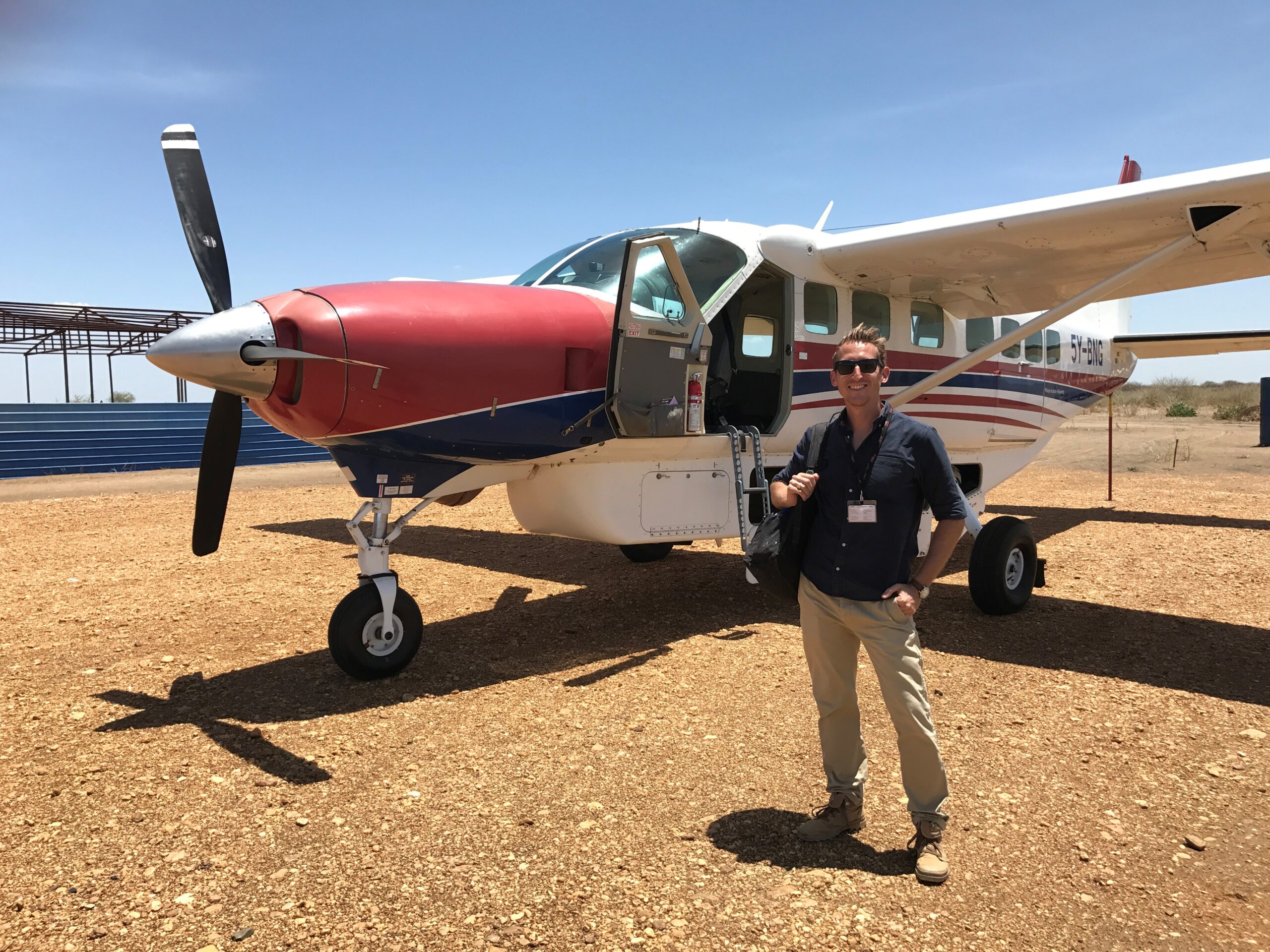Integrity Insights: Delivering in South Sudan
South Sudan continues to experience a protracted emergency that has resulted in the evolution of a whole ecosystem of UN, humanitarian and other actors to address the scale of need. Integrity has long relationships and a strong understanding of the region.
Returning to Juba five years after leaving South Sudan’s capital city, Integrity Senior Operations Manager Sam Callum reflects on the local changes and the importance of building strong operational foundations when working in challenging contexts.
Returning to Juba, five years on
I was deployed to Juba in January 2022 as operations lead for the five-year USAID South Sudan Monitoring, Evaluation and Learning Support (MELS) activity led by Integrity. My role in the programme is to ensure that all operational aspects are in place to support full-scale implementation.
I previously lived and worked in South Sudan in 2016 to 2017 in a security management role for a well-known international NGO with activities across the states of Unity and Upper Nile. South Sudan was an unforgiving place back then, and I had some mixed feelings about returning.

Senior Operations Manager, Sam Callum in South Sudan in 2016.
However, soon after arriving I found Juba to be reassuringly familiar. Thankfully, there are indications of improved security in the city; the airport is less chaotic, checkpoints are fewer and less threatening, and there seem to be more vehicles on the road than before. Spending time in hangouts once popular with internationals, you notice the accents of returned members of the South Sudanese diaspora, whom I assume are now here in higher numbers. A good sign that ongoing peacebuilding efforts have gained some traction and of hope for more stability to come.
Acute humanitarian assistance needs
In spite of some positive first impressions, the wider operating context – not least outside of the capital – has hardly changed. You only have to read reports or speak with members of the humanitarian and development community to realise how grave the situation here really is. According to the UN Office for the Coordination of Humanitarian Affairs (UNOCHA), some 8.3 million people (more than two-thirds of the population) needed some form of humanitarian assistance and protection in 2021. This comes as the country continues to experience the cumulative effects of years of conflict, a surge in sub-national violence, unprecedented flooding and hyperinflation, all further compounded by the COVID-19 pandemic. Some 1.7 million people remain internally displaced.
USAID – one of many active institutional donors – assists the South Sudanese people through a network of implementing partners, delivering a range of interventions across the country. Through the MELS activity, we are providing a range of services that include monitoring, evaluation and learning technical assistance for the mission and all implementing partners. We aim to strengthen knowledge management and organisational learning, while also improving data-driven decision-making through efficient use of digital mapping including geographic information systems and innovative spatial analysis. The programme is ambitious, but it must also be safe and sustainable.
Such is the predictably dynamic nature of the South Sudan operating context; Integrity understands the importance of the relationship between investing in a strong operational platform and the delivery of services. In the case of MELS, this includes, but is not limited to: robust security risk management; flexible logistics capacity; and HR-related systems and resources, all of which contribute to a resilient and well-supported team.
Continual context assessment
I know from experience that the security context in South Sudan can deteriorate fast due to the seasonal onset of floods, famine and widespread violence. It is essential to maintain proactive and ongoing context assessment to stay abreast of developments that have the potential to disrupt the project’s operational continuity. In a country with a poor (in places non-existent) road network, active armed groups and localised intercommunal tensions, the cost of doing business here is high. Field teams must travel to most areas by air and need to have access to relocation and medical evacuation options every day of the week.
South Sudan has consistently been ranked one of the most dangerous places for aid workers. In the latest Aid Worker Security Report, it was ranked the most violent context in 2020, with more attacks affecting aid workers in South Sudan than in Syria and the Democratic Republic of Congo. The overwhelming majority of these attacks are perpetrated against nationally and locally recruited South Sudanese personnel.
We recognise that if this project is to succeed, we must put people first. I’ve been impressed with the skill, commitment and good humour of our national staff and local partners. From the office-based staff who keep the engine of the project running in Juba, to those in the field who have waded through floodwater to reach local communities – high-quality work is delivered with good grace and mutual consideration.
We must learn from previous experience and identify upcoming challenges to run a successful operation in South Sudan. Through supporting the set-up of the MELS project, I’ve had the privilege of working with inspiring colleagues. I very much look forward to providing ongoing remote support and to hearing first-hand accounts of our teams’ experiences of delivery in such a compelling context.
